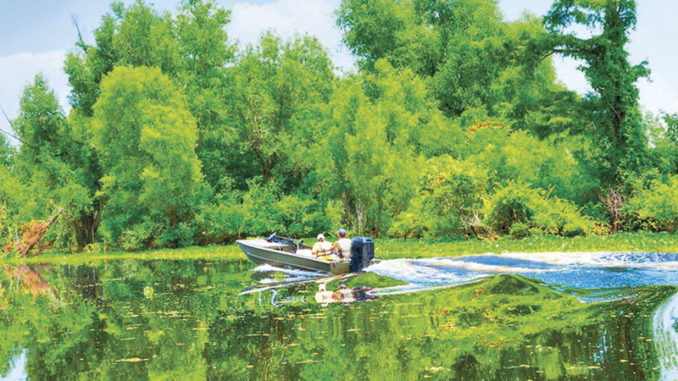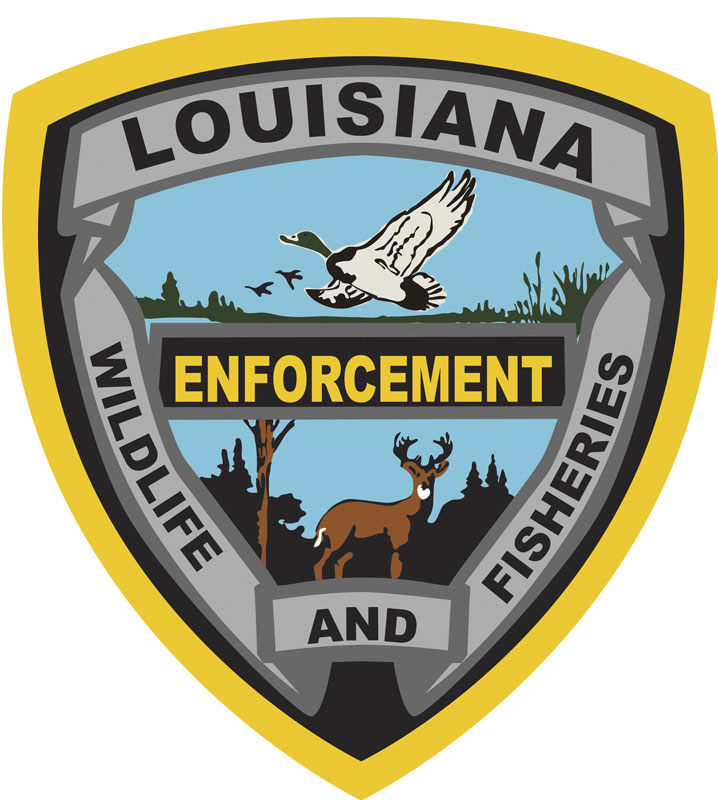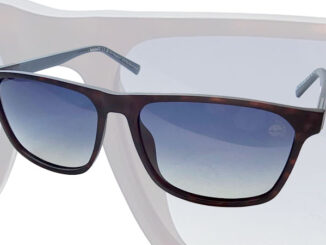
This news item didn’t make headlines, not amidst skyrocketing fuel and grocery prices, the pandemic, the invasion of Ukraine and the dramatic increase in crime.
But that it didn’t make big news didn’t lessen the grief a family and friends felt when a man drowned on Toledo Bend.
It was like this: two long-time fishing buddies decided it was a good day to spend fishing. Apparently an approaching, late-winter weather system wasn’t considered a factor. Anyone who’s fished The Bend knows it’s open-water big with darned few places to escape a front’s violent winds.
The result was tragic. So now, a family is left to its sorrow and all because of some bravado most of us men have that pushes us to do things we shouldn’t. Heck, if you’ve checked out cable TV lately, there are hundreds of folks making lots of money from the antics of testosterone-filled homo sapiens.
Check the weather
But, c’mon man (borrowed from NFL broadcasts), CHECK THE WEATHER. There are enough apps to install on your portable communications device to stay current on life-threatening atmospheric conditions, some with radar to be used spring, summer, fall and winter. Never take it for granted.
At the risk of getting preachy, the report on the rescue of one and the recovery of a body preceded another rescue of three more fishermen from The Bend a week later on another passing cold front. It happens far too often. Compounding the problem is the peril unwise boaters place on the rescuers, and we’d all best be thankful there are folks willing to put their lives on the line to spend hours in sometimes foul conditions to save any and all.
Furthermore, please take time to heed this whether you’re in a 15-foot bateau or a 55-foot offshore cruiser.
Peril on the water is a constant. You know it. You’ve dodged lightning-filled thunderstorms, rough and bruising seas, waterspouts and winds strong enough to topple trees — and all in this down-to-the-sea urge to chase fish, a noble, but sometime oh-so-risky venture. And, hunters, don’t think you have a pass, because duck and deer hunters have been rescued countless times in more dangerous wintry conditions.
Things you can do
There are things you can do to enhance your safety on the water.
The Department of Wildlife and Fisheries’ website (www.wlf.louisiana.gov) lists equipment requirements for various boat lengths, and spells out other regulations for those of the age needing to take and complete a Safe Boating Course.
Make sure you have signaling devices, lights and other items in a waterproof container. And PLEASE, please, pretty please with sugar on top, WEAR A LIFE JACKET! Darned near all the drownings in boating incidents come when the victim was not wearing a personal flotation device.
Next, fully charge your cell phone before heading out. This can be a life saver.
Then, for your family, file a Float Plan.
It’s simple to let someone know where you’re going and what time to expect you to return — things like where you’re launching and your likely fish location; your boat’s make, length and color; a description of your towing vehicle and license-plate number; and, your cellphone number;
Add the numbers for local Sheriff’s Flotilla, Wildlife and Fisheries’ regional offices in Minden, Monroe, Pineville, Lafayette, Lake Charles, Thibodaux, Baton Rouge and New Orleans, and the LDWF’s 24-hour hotline 800-442-2511. It takes very little time and could save your life, or the life of someone else.
We’ve come through April’s Safe Boating Month, but safe boating and saving lives takes more than April’s 30 days. Heed the call for boating safety.
See you on the water, and . . . hopefully, not in it.
Setting the right course
 “We encourage every boater to take a boater education course. However, if you were born after January 1, 1984, you must successfully complete an LDWF-approved boater education course to operate a motorboat over 10 horsepower, unless you are accompanied by someone over age 18 who has a successfully completed an LDWF-approved boater education course, if required.
“We encourage every boater to take a boater education course. However, if you were born after January 1, 1984, you must successfully complete an LDWF-approved boater education course to operate a motorboat over 10 horsepower, unless you are accompanied by someone over age 18 who has a successfully completed an LDWF-approved boater education course, if required.
In addition, if you were born after January 1, 1984, you must successfully complete an approved boater education course to operate a personal watercraft. You must also be age 16 or older to operate a personal watercraft.
Individuals must carry their certification of course completion while on the motorboat or personal watercraft.
If you are a U.S. Coast Guard licensed captain, you are not required to take this course to operate a motorboat or personal watercraft.
Youth younger than age 10 may take a boater education course but are not eligible to be certified. They must retake the course to be certified when they reach 10 years of age or older.”
– Louisiana Department of Wildlife and Fisheries


